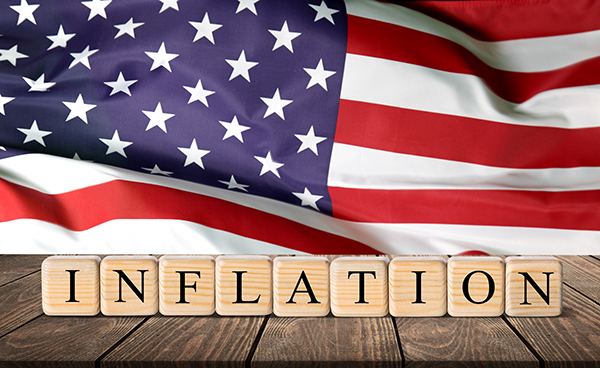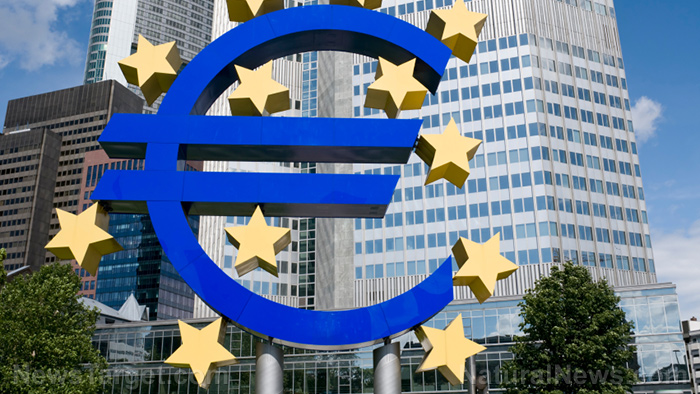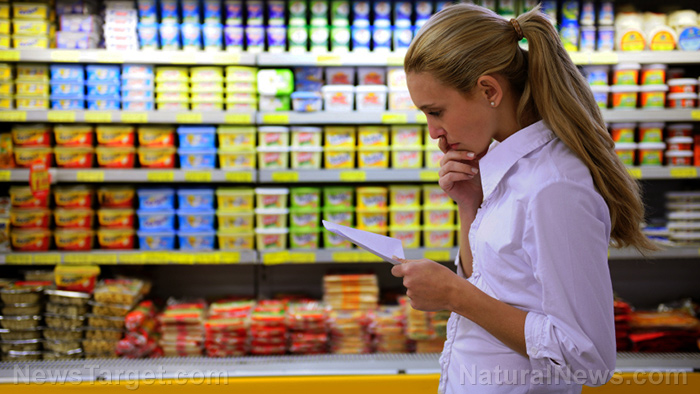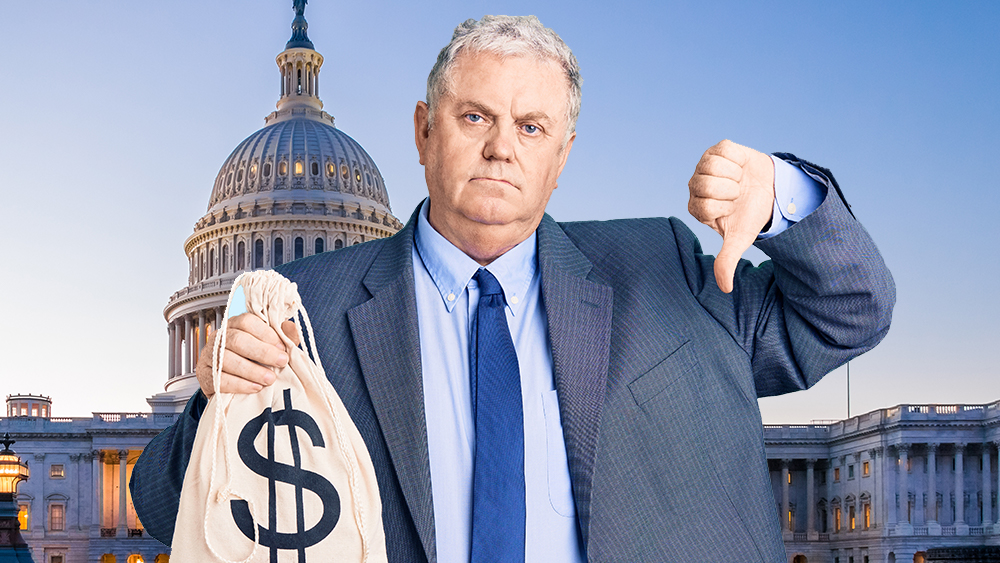MONEY PIT: Thieves stole more than $200 BILLION in Covid-19 aid, federal watchdog group now says
06/29/2023 / By Ethan Huff

The United States Small Business Administration (SBA) has released new data showing that both the Paycheck Protection Program (PPP) and the COVID-19 Economic Injury Disaster Loan program were heavily abused by fraudsters, particularly at the start of the Wuhan coronavirus (Covid-19) “pandemic.”
The SBA inspector general released a report revealing that “at least 17 percent of all COVID-EIDL and PPP funds were disbursed to potentially fraudulent actors.” People who needed the money, in other words, were ripped off by scam artists who took it for themselves instead.
The SBA estimates that more than $136 billion, or about 33 percent of the total money spent, was illegitimately taken from the COVID-19 Economic Injury Disaster Loan program. For the PPP, the SBA estimates that $64 billion was captured illegitimately.
Previous SBA estimates were much lower. They suggested just $86 billion worth of fraud in the COVID-19 Economic Injury Disaster Loan program and $20 billion from the PPP.
(Related: Check out our earlier report about fake president Joe Biden’s $50 trillion “carbon neutrality” grift.)
Senior SBA official says fraud numbers are bunk, based on “serious flaws”
Back in early June, the Associated Press (AP) reported that about $280 billion worth of covid emergency aid was stolen by scammer, as well as an additional $123 billion that was “wasted” or “misspent.”
Both of the aforementioned aid programs were launched by then-President Donald Trump to help those in need to find relief during the worst of the crisis. After all, if big banks and large corporations can always get bailed out on a whim, why not the little people?
It turns out that the two programs were not as airtight as many had hoped. The honor system that was used allowed some bad actors to slip in and take money that was not for them.
One SBA senior official, however, denies that the losses are really as high as the new SBA estimates suggest. Bailey DeVries, SBA’s acting associated administrator for capital access, said the inspector general’s “approach contains serious flaws that significantly overestimate fraud and unintentionally mislead the public to believe that the work we did together had no significant impact in protecting against fraud.”
All in all, the U.S. government disbursed an astounding $4.2 trillion in covid relief, roughly 10 percent of which is estimated by the AP to have been lost to scammers. The big boys all got their massive disbursements, which for some reason is not considered to be fraud in terms of these figures.
Gene Sterling, a senior Biden White House official, of course blames then-President Trump for the losses. Sterling claims that 86 percent of them occurred during the first nine months of the scamdemic when Trump was still in office.
“Two-hundred billion (dollars) is a very big number, but this, again, should be remembered as potential fraud,” Sperling clarified. “We think the amount of likely or actual fraud is significantly less, significantly under $100 billion, perhaps around $40 billion.”
Regardless of what the number is, Sterling said that “it’s unacceptably high” regardless.
According to SBA inspector general Hannibal “Mike” Ware, the new report from his agency “utilizes investigative casework, prior (inspector general) reporting, and cutting-edge data analysis to identify multiple fraud schemes used to potentially steal over $200 billion from American taxpayers and exploit programs meant to help those in need.”
“We will continue to assess fraud until we’re finished with the investigations on these things,” Ware added in a recent interview, adding that it could be a long while because his office currently has a backlog of more than 90,000 actionable leads into plandemic relief fraud, which amounts to nearly a century’s worth of work.
The covid grift is far from over. Learn more at Plague.info.
Sources for this article include:
Submit a correction >>
Tagged Under:
corruption, COVID, debt bomb, deception, emergency aid, fraud, government debt, money supply, national debt, pandemic, Paycheck Protection Program, plague, PPP, relief, SBA, Small Business Administration, Trump
This article may contain statements that reflect the opinion of the author
RECENT NEWS & ARTICLES
COPYRIGHT © 2017 RISK NEWS


















